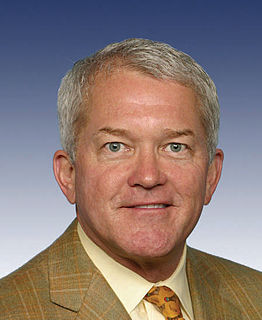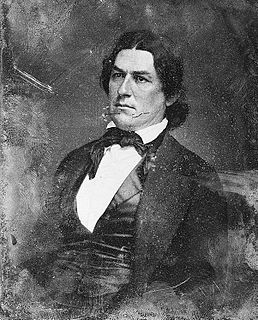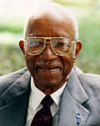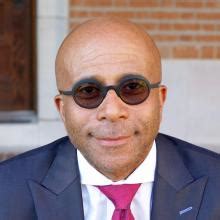A Quote by Angela Davis
The prison is not the only institution that has posed complex challenges to the people who have lived with it and have become so inured to its presence that they could not conceive of society without it. Within the history of the United States the system of slavery immediately comes to mind.
Related Quotes
I've always been interested in history, but they never taught Negro history in the public schools...I don't see how a history of the United States can be written honestly without including the Negro. I didn't [paint] just as a historical thing, but because I believe these things tie up with the Negro today. We don't have a physical slavery, but an economic slavery. If these people, who were so much worse off than the people today, could conquer their slavery, we can certainly do the same thing....I am not a politician. I'm an artist, just trying to do my part to bring this thing about.
The United States is a society in which people not only can get by without knowing much about the wider world but are systematically encouraged not to think independently or critically, and instead to accept the mythology of the United States as a benevolent, misunderstood giant as it lumbers around the world trying to do good.
You don't want the United States to become South America, where you have a super collection of rich people at the tippy-top of society, they are surrounded by barbed wire living in McMansions with security guards, and the rest of the society is suffering, and you've got a broken educational system and a broken government.
Starting in the early 1800s, Southerners in the United States began to defend slavery as their 'peculiar institution,' and northerners didn't mind, since the phrase suggested that chattel bondage was quarantined from the rest of the nation: that it was, or soon would be, a relic of its past and would not define its future.
The American Dream has really good PR. It's kind of difficult to live in the United States and not on some level be pulled into the allure of the American Dream. It's in the DNA of the country. So, for a population coming out of slavery, desperate to become part of the full life of the United States, it only makes sense that they would embrace this route to the American Dream.
I think when a society has such a profoundly dark and awful evil such as slavery in its history, then it leaves scars that are very, very deep. And unless we collectively address them and really put our effort to healing them, they'll perpetuate. The United States of America are still suffering from the echoes of slavery. I think we're still reeling from all the pain that is a result of it, and that's a reality.





































